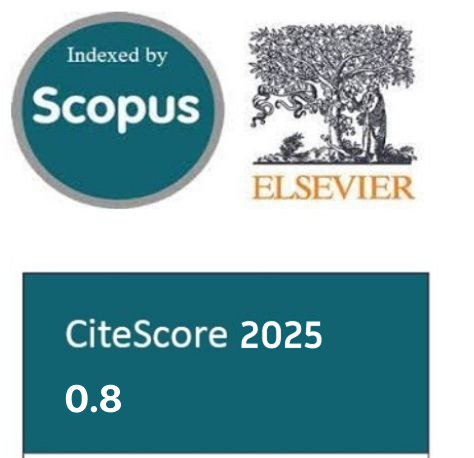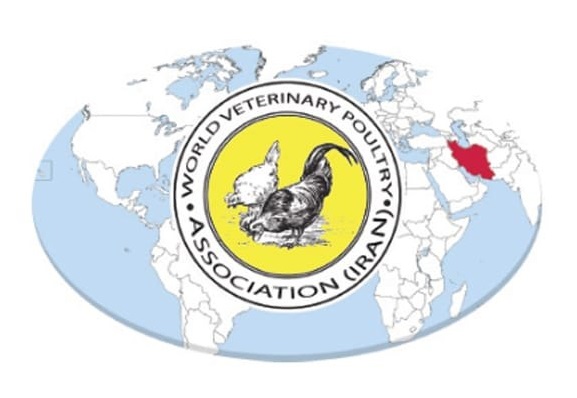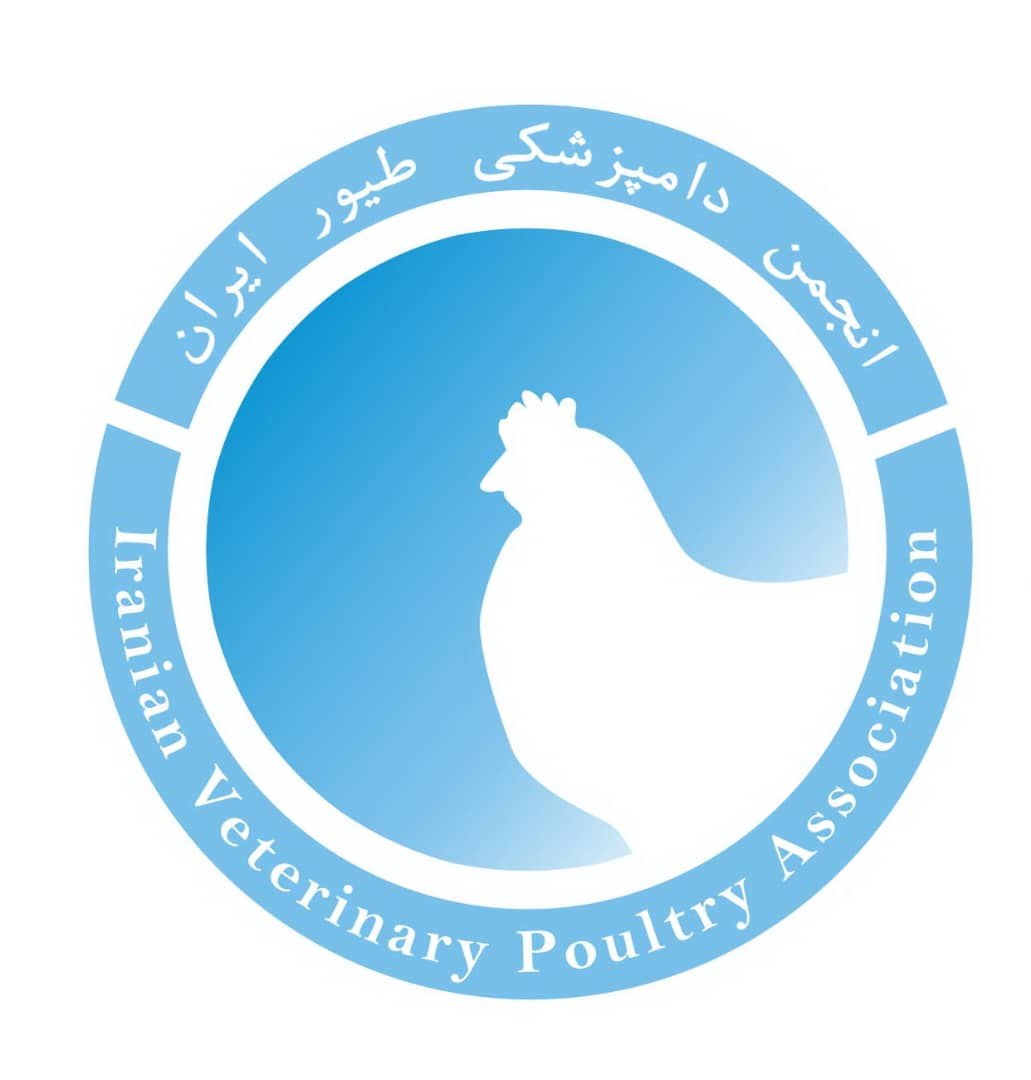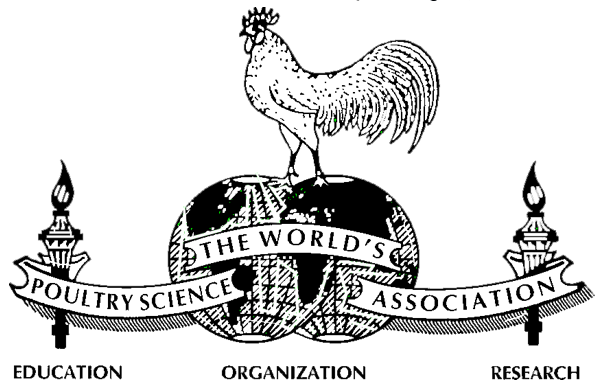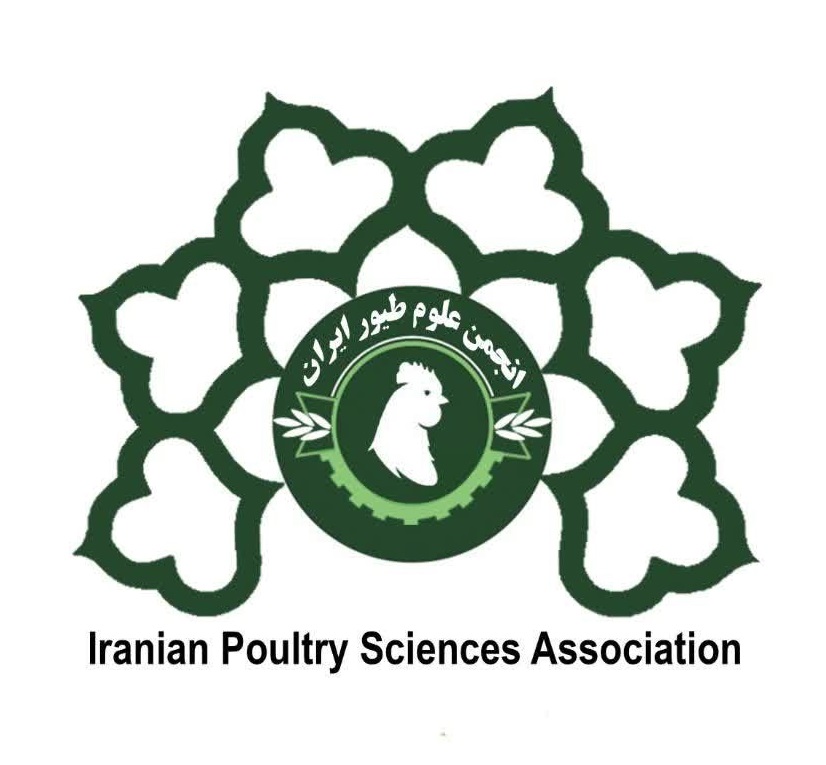The key role of vitamin C in the treatment of pulmonary hypertension of meat-type chickens: role of caspase-3
Keywords:
Ascites, Apoptosis , Broiler, Caspase-3, Triiodothyronine, Vitamin CAbstract
Ascites is a prominent example of the pathophysiological interaction between the heart and lungs in broilers. Previous experiments have shown that the amount of apoptosis increases in heart failure and pulmonary hypertension. In the current study, the effect of vitamin C on apoptosis was investigated by measuring the expression of the CASP3 gene in the heart and lungs of chickens with ascites. For this purpose, 90 one-day-old meat-type chickens were divided into three groups (sham (basal diet), control (basal diet +1.5 mg/kg of triiodothyronine (T3)), and treatment group (basal diet + 1.5 mg/kg of T3 + 1200 ppm of vitamin C)) and bred for 49 days. On the 21st and 49th days after rearing, 15 chickens from each group were selected randomly, and the right ventricle/ total ventricle weight ratio (RV/TV), as well as the expression level of CASP3 genes in the lung and right ventricle of all groups were measured and compared. The amount of mRNA related to CASP3 gene at the age of 21 and 49 days demonstrated a meaningful decrease in the treatment group compared to the control group (P<0.05). This significant difference indicates the reduction of apoptosis in the group treated with vitamin C. Also, RV/TV as an index of the induction of this syndrome improved in the treatment group at the age of 21 and 49 days (P<0.05). Finally, according to the current study's findings, vitamin C has ameliorating effects in treating ascites in meat-type chickens.
Downloads
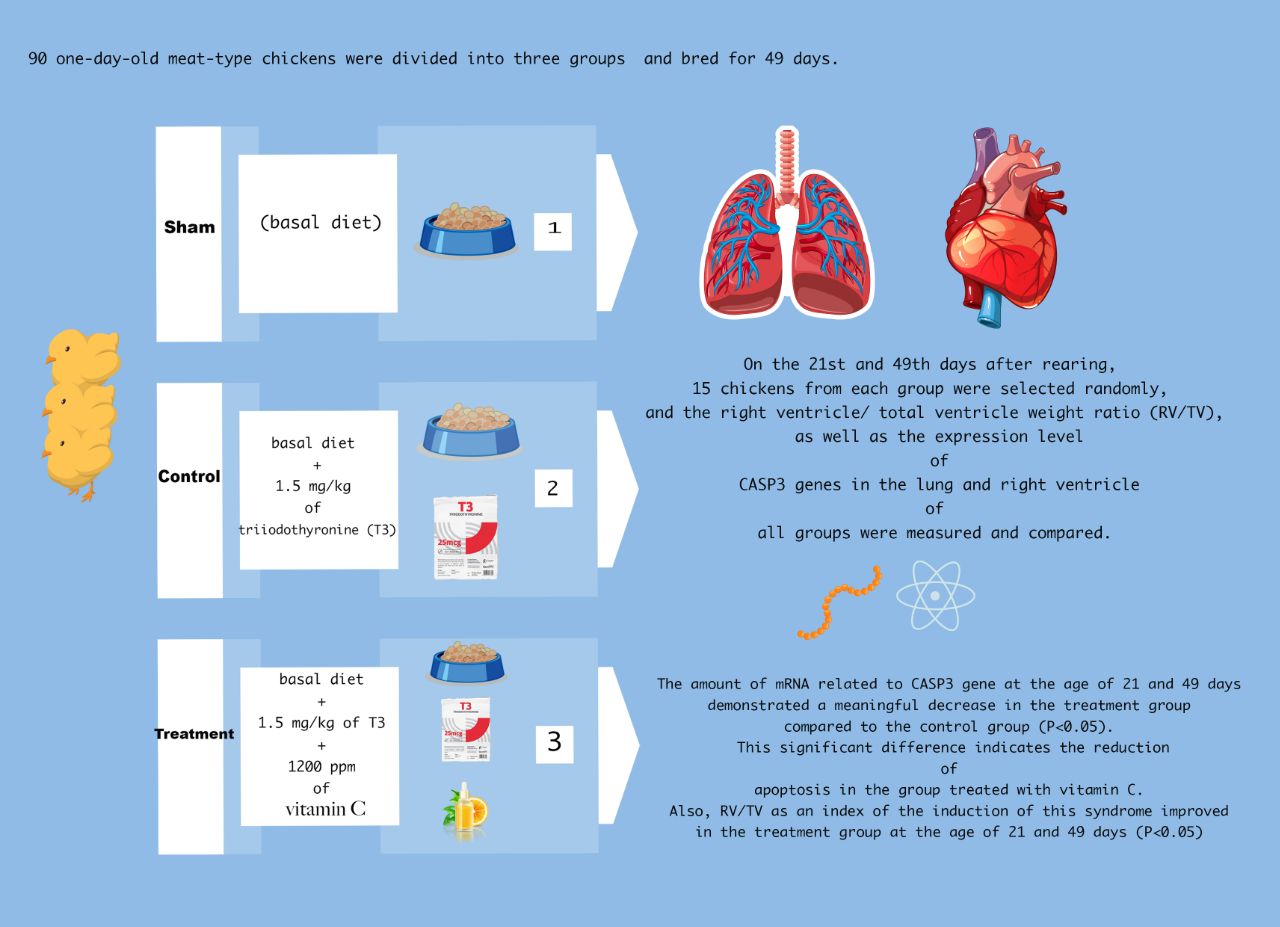
Downloads
Published
Issue
Section
License
Copyright (c) 2024 Hamed Zarei, Mohammad Reza Maleki (Author)

This work is licensed under a Creative Commons Attribution-NonCommercial 4.0 International License.


